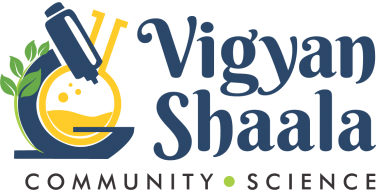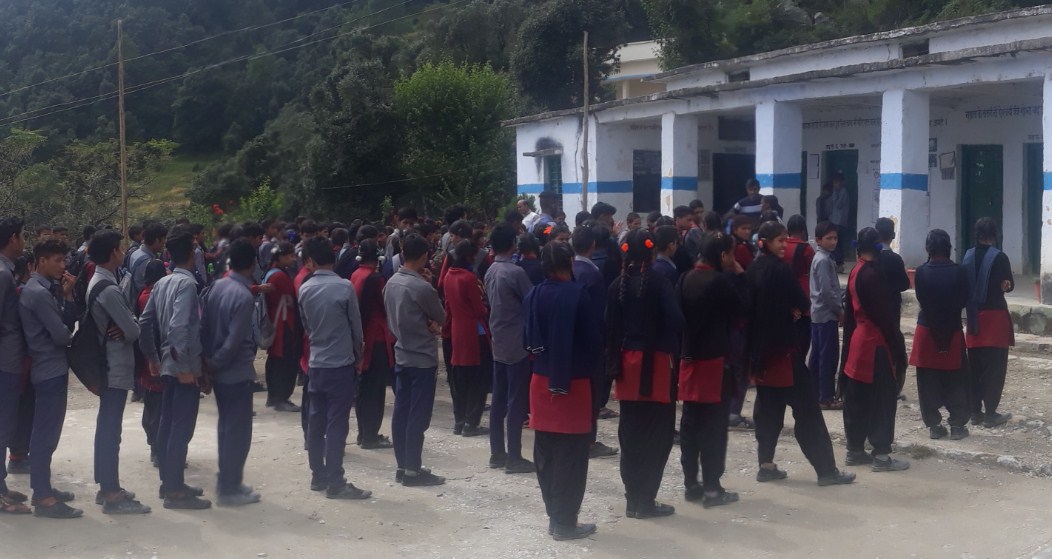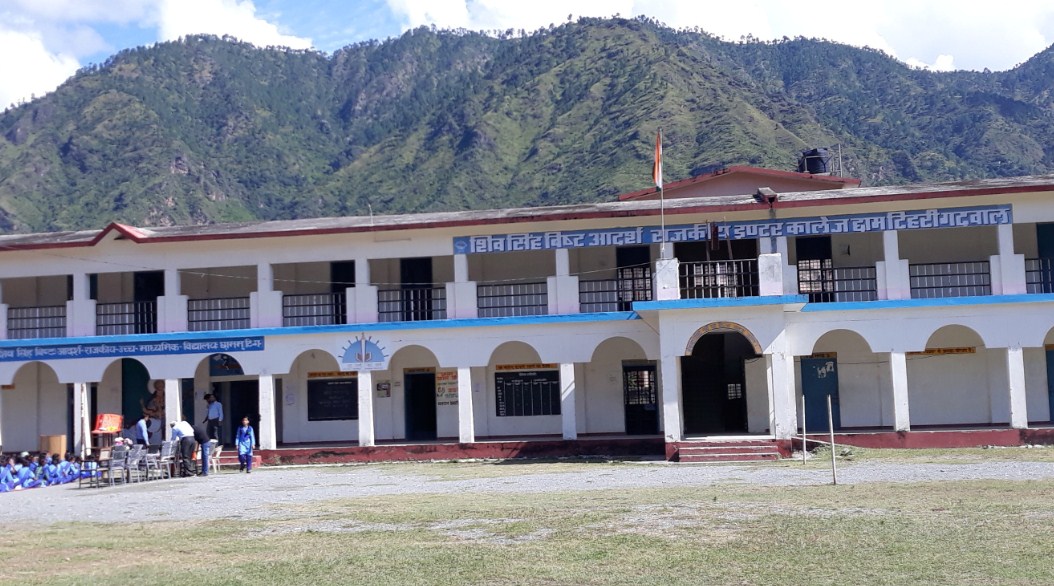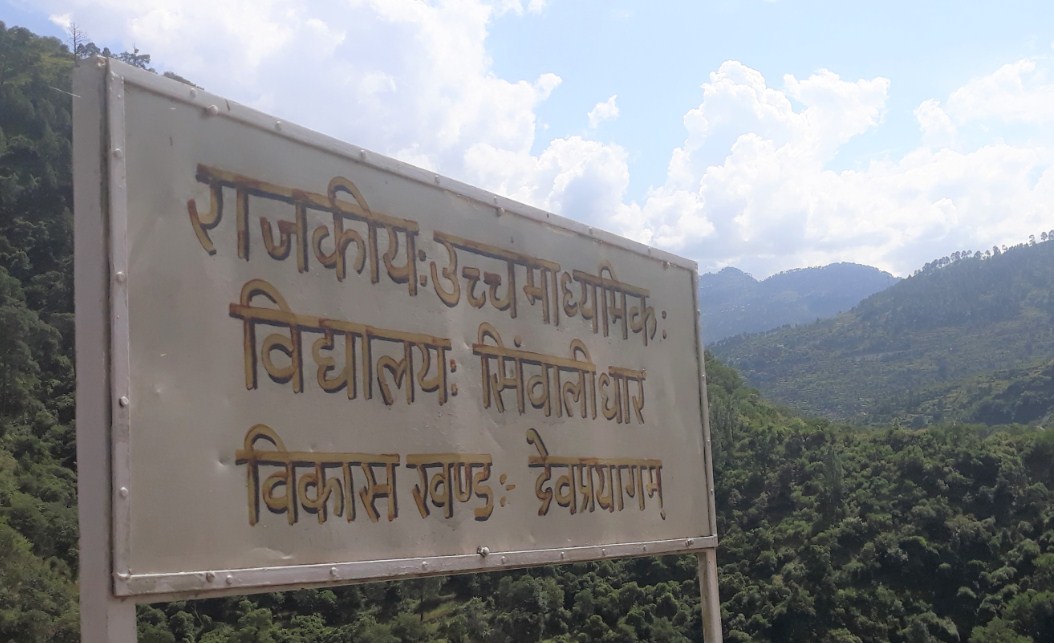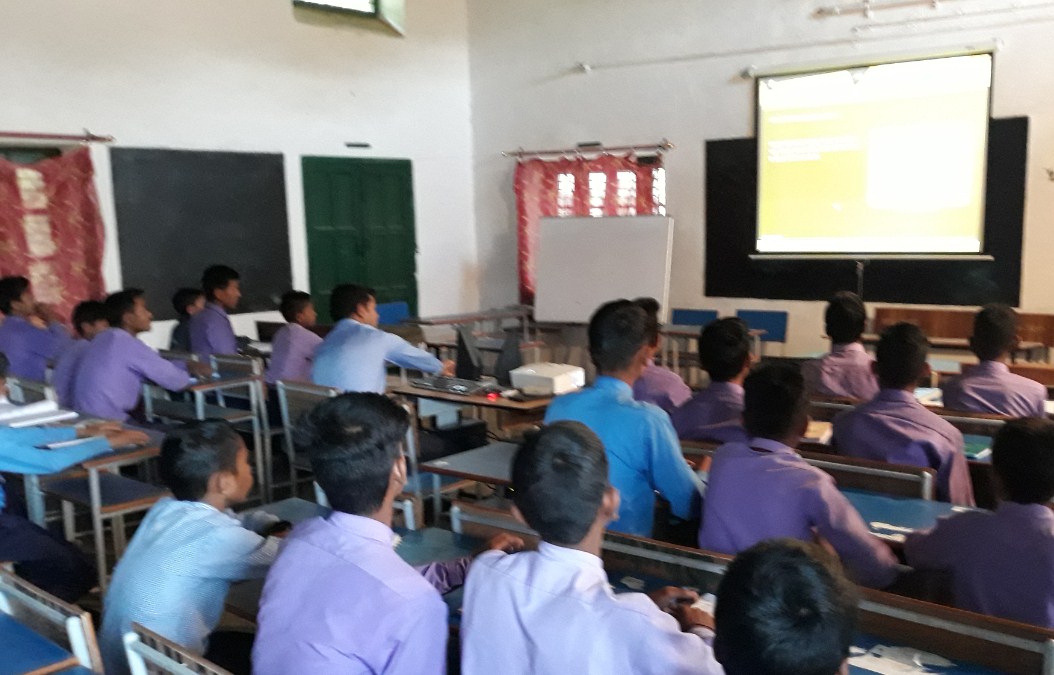First Steps towards Policy & Advocacy
Background:
As scientists who perform outreach, it became very clear very quickly that solutions that are tended need to work in tandem with the Govt. Education Machinery. The Central and State Government Education Machinery is of hundreds of thousands of crores of rupees and is the most comprehensive system in place in the country. Even with best intentions and modern approaches, it is unfeasible and unrealistic to create any type of parallel system that will impact Indian Education in this scale. Working with stakeholders in the system and bring fruitful changes is one of the most effective approaches to really scale the impact of any novel approach we bring to the table, thereby creating systemic changes.
The Opportunity and Challenge:
While we were working on the ground, we were slowly coming to terms of this realization. As Destiny would have it, at exactly the same time we were given an opportunity to survey and understand the main challenges in STEM education in Govt. Schools in the state of Uttarakhand. As our first entry into the world of Policy, we read through various research papers on education from the best researchers. We discussed debated and learnt from Experts in this field, from Policy Think Tanks, Educationists and Research Professors in Social Science. With the assistance from the Govt. of Uttarakhand and the stake holders in the education department, we developed a comprehensive survey: The Aim was to create a baseline of challenges for STEMC education in the Garhwal region of Uttarakhand. We surveyed close to 150 schools and over 1000 students. The challenges from the teacher’s perspectives are being surveyed through an online platform. Few Photos and Videos of our work have been presented below. We recruited a team of 25 volunteers for this work which took over 2 months to complete. The present status of progress is Data Validation Consistency Checks as well as filling up of the teacher-surveys. Watch this space for the results of what the survey tells us.
The Importance:
It is quintessential to find the main challenges the students face in pursuing STEMC in their schools. Challenges are of various nature, Socio-Economic, Infrastructure: Human and Physical, Geographical Aspects it being a Hilly-Terrain and the Significance of Education History in the state. All of these effect how STEMC is integrated into the education system. Our objective here is to quantitatively rank the challenges the state faces and to find solutions that solve them. Due to the already tight budgets, it is important to obtain maximum impact with the least investment made and for this the ranking of challenges with respect to severity is the start measuring the baseline. This survey is designed to achieve precisely that. The results of the survey will be presented to various stake-holdrs in the system: in the education department, the Executive Cadre (District Magistrates), Teacher Training Centres (DIETs). We hope insights from this report and its oureach with the stakehoders in the system will bring about systemic changes in the methodology of administration, teacher training and start of a fruitful mission to usher changes in STEM education in the state. Fresh Out-of-the-Oven Data is coming in which are already giving interesting insights. As a teaser: Over 98% of teachers expect the parents of children (9th-12th) to teach them. Consider this in the backdrop of most students being first generation learners.

